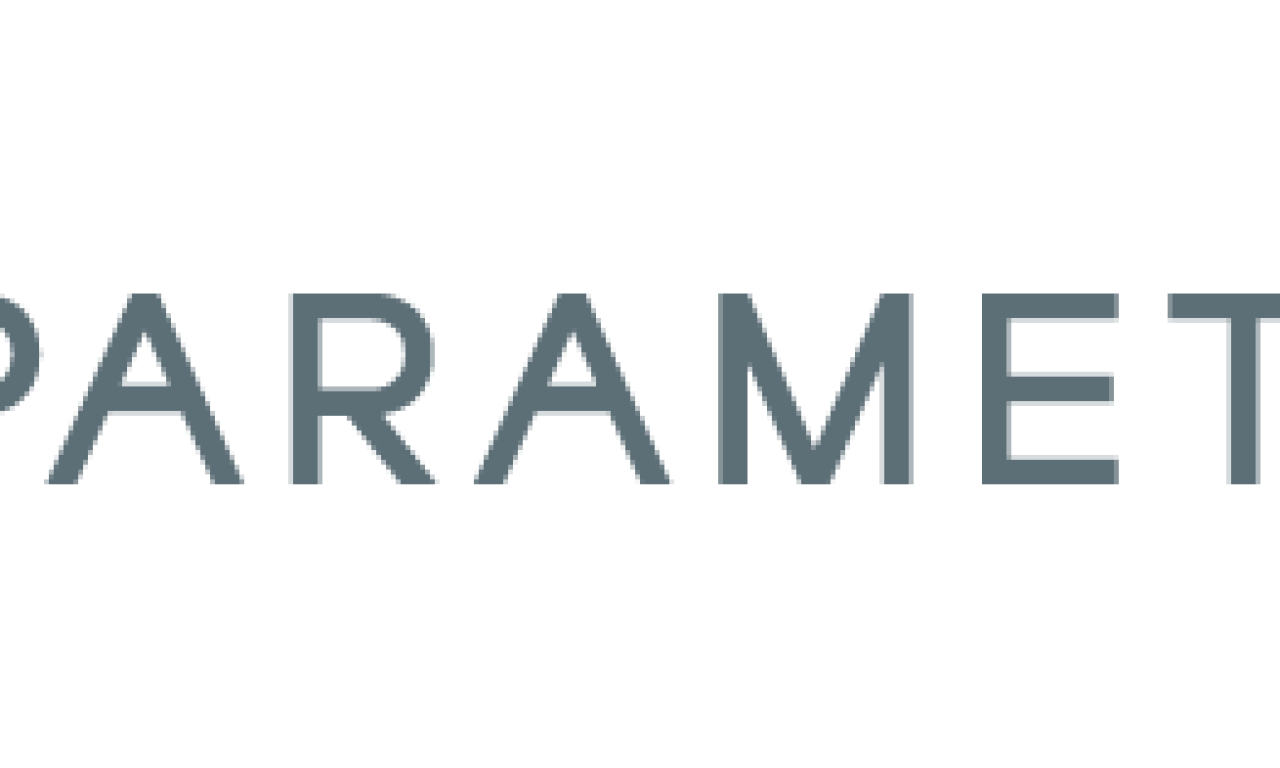Superannuation funds moving to a rules-based equity management approach could improve their performance by more than half a percentage point a year by genuinely focusing on after-tax, not pre-tax, returns. The savings from an after-tax focus can be generated without changing the risk profile of the equities strategy.
New research by Raewyn Williams, Managing Director, Research (Australia), and Vassilii Nemtchinov, Director of Research, Equity Strategies, at the global implementation manager Parametric, tests its after-tax investing principles on the ‘fundamental indexing’ (RAFI) approach pioneered by the US firm Research Affiliates, which has only recently become directly available to super funds in Australia.
Parametric’s research finds that the appeal of fundamental indexing can be further enhanced by adopting a tax-managed RAFI approach and estimates the potential benefit to a super fund’s global developed equity portfolio to be 53 basis points a year, before fees and transaction costs.
Say Williams and Nemtchinov: “Since listed equities represent, on average, more than half of the entire investment assets of an APRA-regulated fund, this nascent opportunity to improve returns is highly significant. Consider the value of this additional 53 basis points a year to a super fund tasked with finding new investment ideas in a climate where markets are volatile, equities look fully priced, alpha is scarce and fee budgets are frugal.”
In Williams and Nemtchinov’s joint paper, “Fundamental Indexing: Why True Tax Efficiency Beats Simply Keeping Turnover Low”, they slam a “pervading misconception” at the heart of the active-passive investment debate – that simply moving from an active to more passive equity management style makes superannuation funds tax efficient.
“This is a false premise, failing to appreciate what the opportunity set to manage taxes on an equity portfolio really covers, and instead reduces tax efficiency to a simple, misleading ‘keep turnover low’ mantra. It is not about turnover minimisation, but about having turnover that recognises the asymmetric preferences of a taxable investor (less gain turnover, more loss turnover).”
“The opportunity to give a portfolio a tax holiday is ignored in ‘keep turnover low’ passive approaches but should be integral to the design of an equity portfolio based on after-tax principles.”
Modelling the differences between a tax-agnostic and a tax-managed RAFI global equities strategy from the perspective of a taxable super fund investor, the duo find that: “Over the 21 years of our analysis, a $5 billion RAFI global equity portfolio that simply ‘keeps turnover low’ grows to $24.6 billion, while its tax-efficient peer with a similar risk profile grows to $26.8 billion – more than $2 billion more – over the same period.”
Williams and Nemtchinov suggest that funds on the move towards a lower cost, rules-based approach to obtaining equity exposure should think about two kinds of differences between simply.
‘keeping turnover low’ and a genuine after-tax investment focus: lost opportunities to add to after-tax returns (quantitative concerns) and visibility issues that prevent a super fund from assessing the portfolio’s performance and value in after-tax terms (qualitative concerns).
For Williams and Nemtchinov, there are very practical consequences of these differences: “The quantitative deficiencies of orthodox passive should inform a fund’s thinking around matters like the ability to meet investment objectives, rankings in peer surveys and APRA’s recently unveiled ‘heatmap’ rating of funds, which has some effective tax assumptions embedded in it. The qualitative deficiencies reflect on fiduciary alignment and the ability to manage stakeholder expectations. Both types of concerns are relevant to the member outcomes test that funds must now pass annually as a matter of law.”
Williams and Nemtchinov’s research concludes with a challenge to super funds to seize the opportunity to embed tax management into new rules-based equity approaches they are, in increasing numbers, adopting: “Our 21-year comparison with its $2 billion–plus difference is the cost of settling for the beguiling simplicity of a ‘keep turnover low’ argument instead of applying intellectual rigour to the after-tax question. Although not a cost that usually appears on performance reports, it is felt in other ways, including in super fund peer rankings, Productivity Commission reports, APRA ratings and, ultimately, in fund members’ pockets.”
Media Contact:
Simrita Virk, Shed Connect
M: 0434531172
E: simrita.virk@shedconnect.com
About Parametric:
Parametric Portfolio Associates® LLC (Parametric), headquartered in the U. S. in Seattle, Wash., with Australian offices at L25, 259 George St, Sydney NSW 2000, is registered as an investment adviser under the U. S. Securities and Exchange Commission Investment Advisers Act of 1940. Parametric is exempt from the requirement to hold an Australian financial services license under the Australian Corporations Act 2001 (Cth) (Corporations Act) in respect of the provision of financial services to wholesale clients as defined in the Corporations Act and pursuant to the Australian Securities and Investments Commission’s (ASIC) Class Order 03/1100 and ASIC Corporations (Repeal and Transitional) Instrument 2016/396. SEC rules and regulations may differ from Australian law. Parametric is not a licensed tax agent or adviser and does not provide tax advice in Australia or any other country. This material is intended for wholesale use only and is not intended for distribution to, nor should it be relied upon, by retail clients. With over $245 billion USD of assets under management as at 30 June 2019, Parametric is a global asset management firm offering investors a variety of portfolio solutions, including tax-managed centralised portfolio management, tax-managed indexing and factor investing strategies, as well as emerging markets and defensive equities strategies. Parametric Australia is a division of Parametric Portfolio Associates® LLC that is a majority-owned subsidiary of Eaton Vance Corp, one of the world’s most dynamic global asset management companies.

